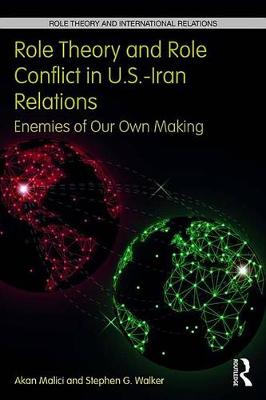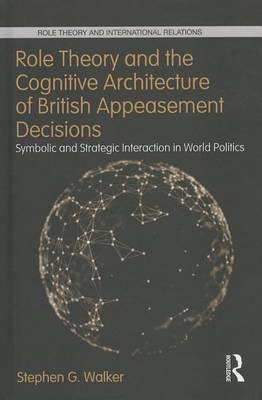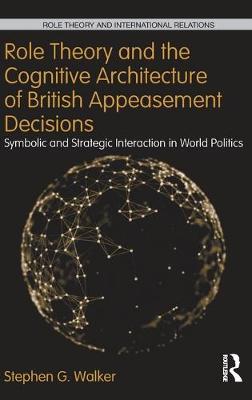Role Theory and International Relations
3 total works
Role Theory and Role Conflict in U.S.-Iran Relations
by Akan Malici and Stephen G. Walker
U.S.-Iran relations continue to be an international security problem in the Middle East. These two countries could have been friends, but instead they have become enemies. Stating this thesis raises the following questions: Why are the United States and Iran enemies? How and when did this relationship come to be? When the relationship began to deteriorate, could it have been reversed? What lessons can be learned from an analysis of past U.S.-Iranian relations and what are the implications for their present and future relations?
Akan Malici and Stephen G. Walker argue that the dynamics of U.S.-Iran relations are based on role conflicts. Iran has long desired to enact roles of active independence and national sovereignty in world politics. However, it continued to be cast by others into client or rebel roles of national inferiority. In this book the authors examine these role conflicts during three crucial episodes in U.S.-Iran relations: the oil nationalization crisis and the ensuing clandestine coup aided by the CIA to overthrow the Iranian regime in 1950 to 1953; the Iranian revolution followed by the hostage crisis in 1979 to 1981; the reformist years pre- and post- 9/11 under Mohammad Khatami from 1997 to 2002. Their application of role theory is theoretically and methodologically progressive and innovative in illuminating aspects of U.S.-Iran relations. It allows for a better understanding of the past, navigating the present, and anticipating the future in order to avoid foreign policy mistakes.
Role Theory and Role Conflict in U.S.-Iran Relations is a useful resource for international relations and foreign policy scholars who want to learn more about progress in international relations theory and U.S. relations with Iran.
Role Theory and the Cognitive Architecture of British Appeasement Decisions
by Stephen G. Walker
Appeasement is a controversial strategy of conflict management and resolution in world politics. Its reputation is sullied by foreign policy failures ending in war or defeat in which the appeasing state suffers diplomatic and military losses by making costly concessions to other states. Britain’s appeasement policies toward Germany, Italy, and Japan in the 1930s are perhaps the most notorious examples of the patterns of failure associated with this strategy. Is appeasement’s reputation deserved or is this strategy simply misunderstood and perhaps improperly applied?
Role theory offers a general theoretical solution to the appeasement puzzle that addresses these questions, and the answers should be interesting to political scientists, historians, students, and practitioners of cooperation and conflict strategies in world politics. As a social-psychological theory of human behavior, role theory has the capacity to unite the insights of various existing theories of agency and structure in the domain of world politics. Demonstrating this claim is the methodological aim in this book and its main contribution to breaking new ground in international relations theory.


